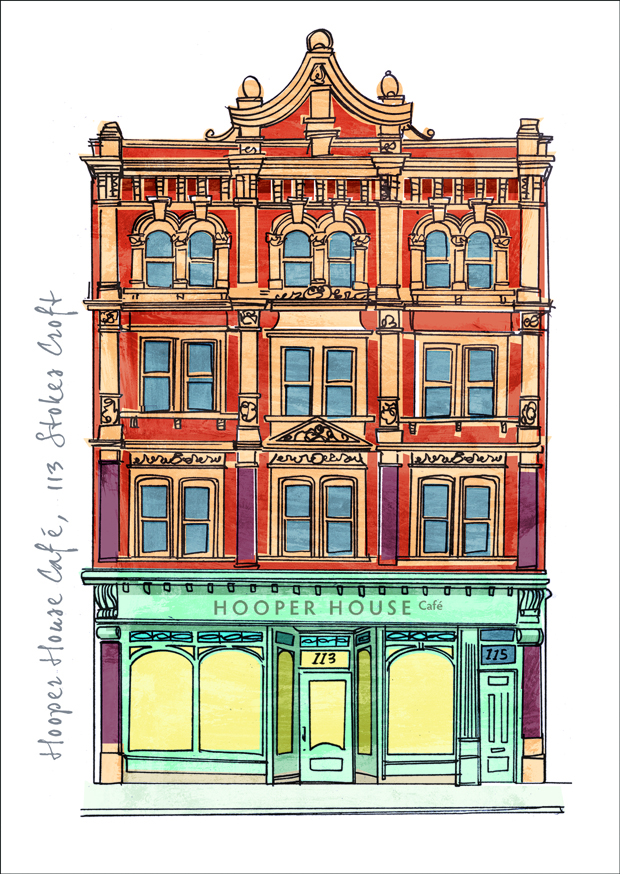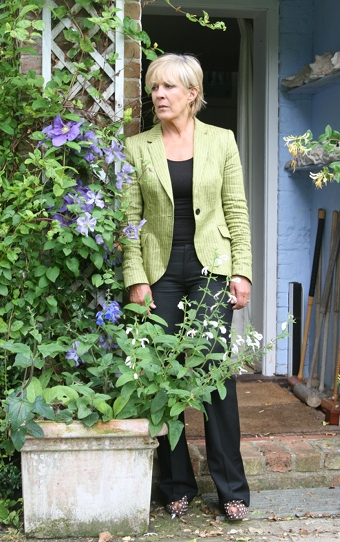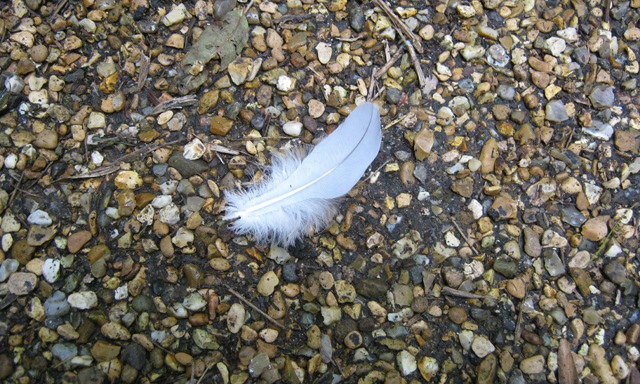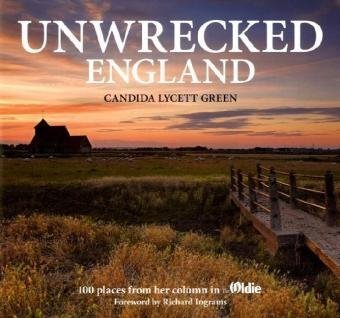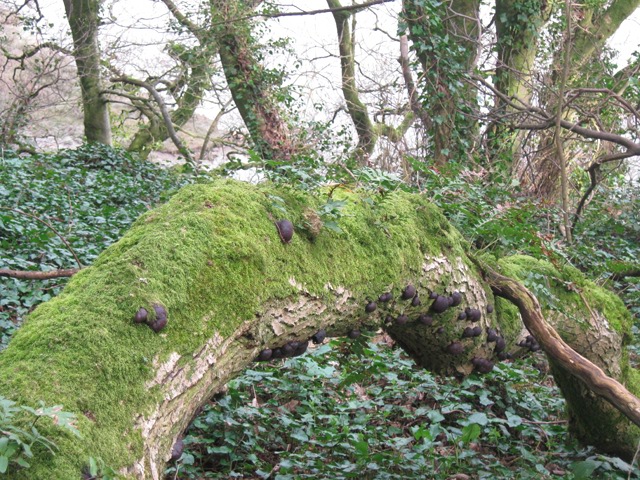 This week I received the exciting news that one of my short stories has been chosen to appear on the Enchanted Conversations websites, a fabulous hub of original fairytales and homages to traditional ones.
This week I received the exciting news that one of my short stories has been chosen to appear on the Enchanted Conversations websites, a fabulous hub of original fairytales and homages to traditional ones.
You can read my story, Sapling, here. The atmospheric image selected by editor & Publisher Kate Wolford is by artist Richard Doyle.
My story begins like this:
I was the only one who saw him. Everyone else, even my mother, it seems, only saw the tree. I lay in the long grass playing with my soldiers who were using the lawn as a jungle. Sunlight fell thick and heavy through the strands of grass, darkness falling briefly as my mother passed. I glanced up to see where she was going – saw her reach the tree, climb the trunk and disappear into the leaves. I gazed, amazed. My mother had never climbed a tree in my life, that I knew of. I stared at the old oak, then heard a rustling, a sharp gasp, and my mother fell. By the time she hit the ground, my father was halfway down the lawn, running full tilt. Yet only I saw the man in the branches, his skin the color and texture of bark, eyes like two bright spaces between the leaves where light leached through.
Read on…
Find out how to write fairytales here.
We’re already into October, and the run up to Halloween. Britain never celebrates this most gruesome of fiestas with as much fervour as I’d like, but this is also the time of year when ghost stories are most successful, so I’m really pleased to have one of mine published by the wonderful Origami Journal.
My tale, Unwanted Guests, was inspired by a rental property I moved into where the cellar was filled with the previous tenant’s possessions – everything from old pots and pans to gymkhana ribbons and old teddy bears – seriously eerie! Why on earth would anyone leave those kinds of things behind? That was the seed – read the result here.

